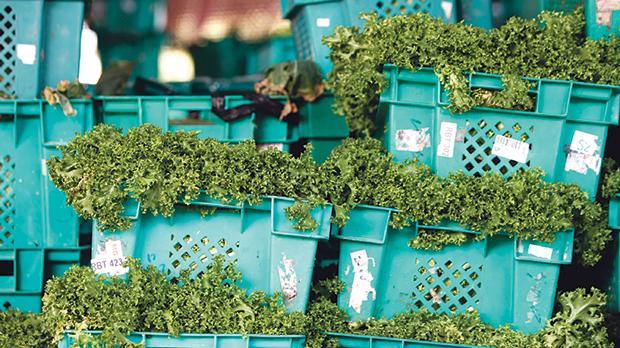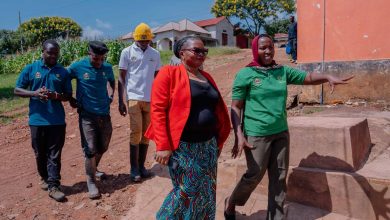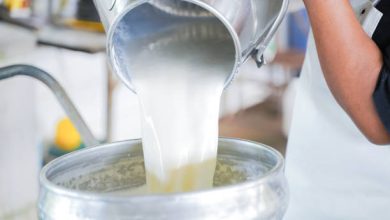Tanzania to cut overseas testing costs

DAR ES SALAAM: TANZANIA will stop depending on overseas labs for pesticide testing, thanks to five new machines worth 2.8bn/- acquired by the Tanzania Plant Health and Pesticides Authority (TPHPA).
The machines will test pesticide residues in crops and soil and check the quality of pesticides before they reach farmers.
“These machines are critical in helping our farmers and exporters meet the increasingly strict international standards,” said TPHPA Director General Prof Joseph Ndunguru.
He said over the weekend the technology will support a national strategy to monitor pesticide residues in locally sold products and improve compliance with export market requirements.
The new equipment includes two Gas Chromatography Mass Spectrometry (GCMS) units for residue testing, two High-Performance Liquid Chromatography (HPLC) and Liquid Chromatography Mass Spectrometry (LCMS) machines for pesticide quality checks, and one Multi-Purpose Environmental Scanner (MPES) for analysing soil health and detecting heavy metals.
ALSO READ: Tanzania makes major strides in FYDP III rollout
Prof Ndunguru said the machines will cut costs and speed up analysis. Previously, samples were sent to Germany, the Netherlands, South Africa, or Kenya.
“With these machines now operational locally, businesses can access faster, cheaper and more reliable testing; results will now be available within just two days,” he said.
He said a single test used to cost around 600,000/-, not including shipping or delays. TPHPA now has eight advanced testing machines, with the capacity to handle over 2,000 samples per week—almost 300 per day.
He said this development is expected to benefit a wide range of stakeholders, including exporters of sesame, cashew nuts and tobacco, as well as pesticide suppliers, research institutions and farmers.
“The Authority now has a robust capacity,” Prof Ndunguru said, “Rather than spending more on overseas testing, business people and institutions can now contribute to and benefit from our local laboratories, saving both time and money.”
The investment is expected to strengthen the country’s position in global markets and improve consumer protection through better pesticide monitoring.





